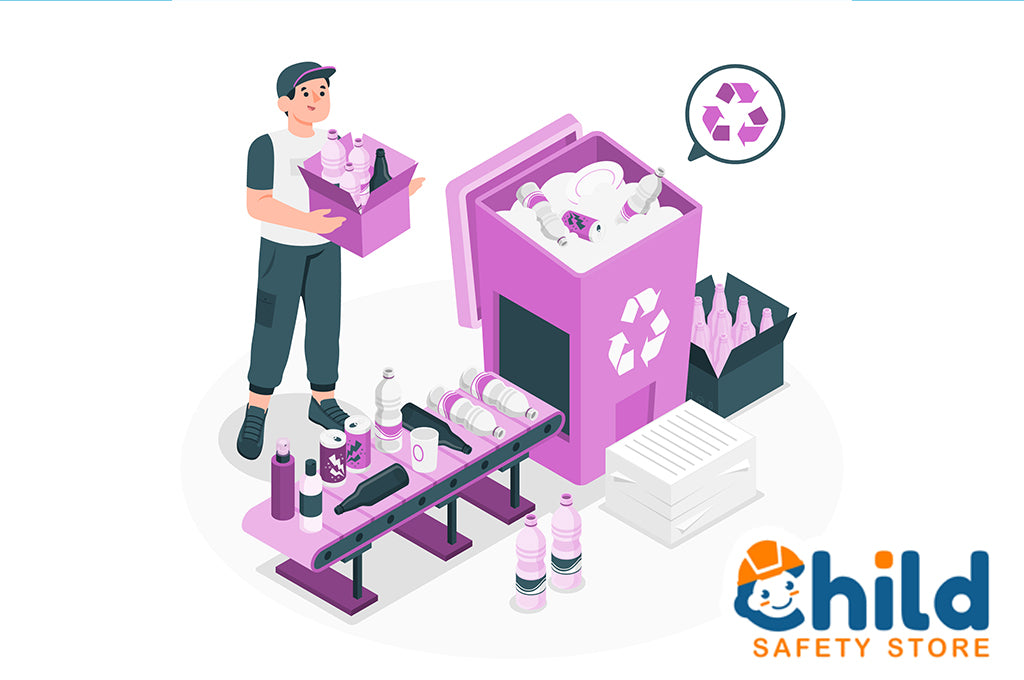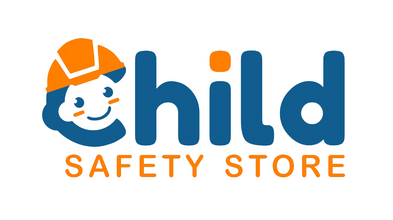
7 Tips to Rid Your Home of Hazardous Household Waste
No matter how hard we may try, every home still produces hazardous household waste. Safe disposal should be our top priority. This goes double for homes with children. Kids love to play in “foooorbidden areas” and that includes the trash!
Let’s face it, the safe disposal of hazardous household waste often flies under the radar. It might not be the most riveting topic, but it is essential. In today’s blog, we'll get real about what is considered hazardous household waste, why it matters, and how to handle it.
Understanding Hazardous Household Waste
To start, let’s begin with a simple explanation. Put simply, hazardous household waste is the garbage that can cause trouble if you don't handle it right. Typically, it falls into three main categories:
-
Chemicals:
Think paint, pesticides and cleaning products. These can contain harmful substances that can spell trouble, especially if kids get their hands on them. -
Electronics:
Old gadgets, batteries, and some light bulbs contain not-so-friendly materials like lead, mercury, and cadmium. Definitely not kid-friendly. -
Medications:
Leftover or expired meds might look like candy to curious kids. Not a good situation.
Why Safe Disposal of Hazardous Household Waste is a Big Deal
Now that we know what we’re dealing with, you may be wondering, "Why should I worry about this stuff?" Sadly, there are plenty of reasons and a lot of them have to do with child safety.
Here's the deal:
-
Protecting Our Little Ones:
Hazardous household waste can be like a magnet for curious kiddos. By disposing of it safely, we keep these potential dangers out of reach. -
Eco-Friendly Moves:
Incorrect disposal can harm the environment, and our children will inherit this planet. Let's do our part to leave them a clean, green world. -
Avoiding Legal Hassles:
Many places have strict rules about how to dispose of hazardous waste. Breaking these rules can lead to fines and headaches, and let's face it – us parents have enough on our plates.
How to Deal with Hazardous Household Waste Like a Pro
Now that you're on board with implementing safe household hazardous waste disposal, let's talk about how to make it happen. It is easier than you might think!
-
Identify the Trouble:
First things first, we need to know what we're dealing with. Check labels and packaging for any warning signs like "danger," "hazardous," or "toxic." Make a list of these items.
-
Local Disposal Programs:
Most areas have programs or facilities for getting rid of hazardous waste safely. Reach out to your local government or waste management authority (such as the Environmental Protection Agency) to find out where and when you can drop off these items.
-
Proper Parcel Packaging is Perfect:
When you're ready to transport hazardous waste, use the original containers, if possible. If not, find containers designed for this purpose and label them clearly.
-
Keep it Out of Reach:
Until you can safely dispose of these items, store them in a secure spot that's away from prying little hands. Locking cabinets or high shelves is a great idea.
-
Medication Safety:
Don't flush meds down the toilet or toss them in the trash. Look for a medication take-back program, a secure drop-off box, or follow the FDA's guidelines for proper disposal. Just remember, when it comes to medicine cabinets, you need to lock them up to keep curious little fingers away!
-
Battery Roundup:
Many retailers and community centers have battery-recycling bins. Collect those old batteries and drop them off when you're out and about.
-
Paint Predicament:
If you've got leftover paint, consider donating it or using it up. If that's not an option, check if your local waste facility can handle paint disposal properly.
In a world filled with endless parental worries, let's not forget the less glamorous but equally important task of safe hazardous waste disposal. It might not be the highlight of your day, but it's a vital part of keeping your children safe and protecting our planet.
By knowing what's what, how to handle it, and taking some easy steps, we're not just shielding our kiddos from potential dangers; we're also doing our bit for a healthier, safer future. So, let's find that middle ground, stay informed, and keep our homes hazard-free!
